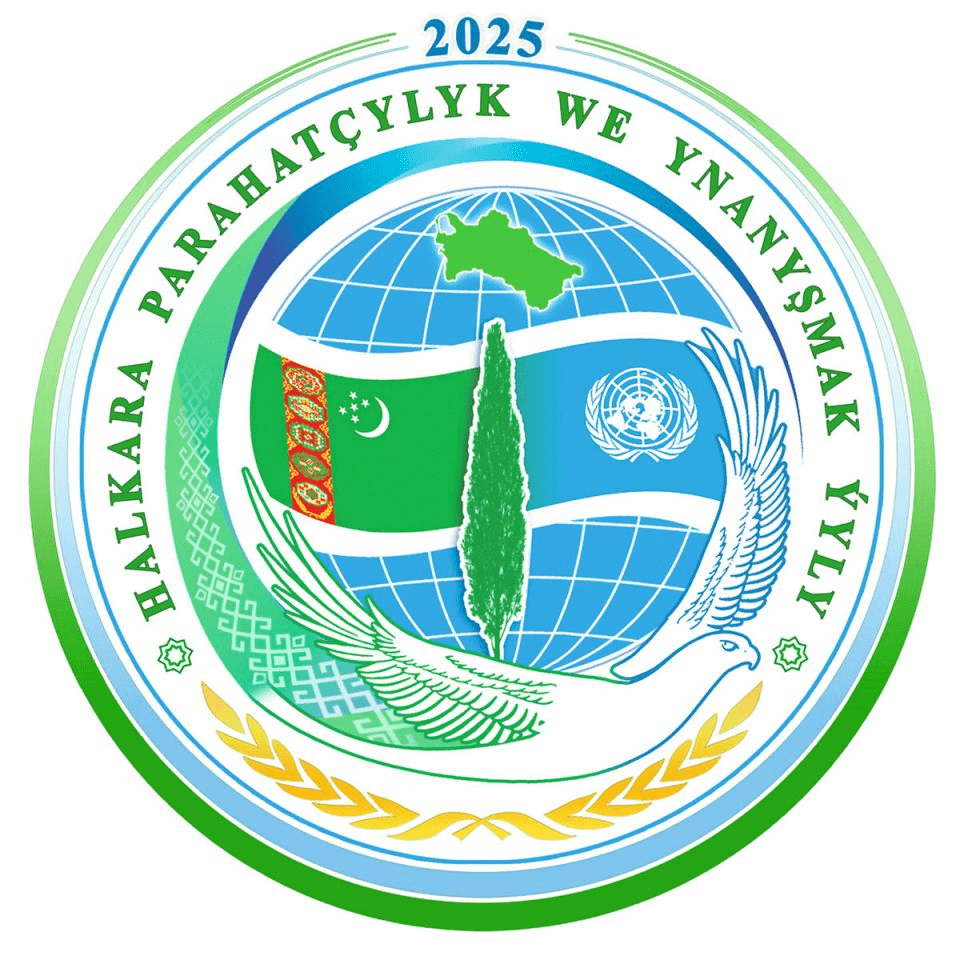Cotton spinning factory named after Saparmurat Turkmenbashi, Turkmengala etrap of the Ministry of Textile Industry of Turkmenistan
About how the factory works:
At present, types of yarns No. 14, 17, 20, 34 are produced. Custom spinning machines can produce yarns in a variety of gauges, ranging from No. 10 to No. 40. It is intended for textile and knitwear production. 4-5 types of cotton of 1, 2, 3, 4 varieties serve as raw material. Cotton fiber is brought from all cotton gins of Turkmenistan. Imported cotton is classified according to the type of cotton fiber. It is then selected and analyzed. A mixture is created according to the length, density and color of the juice. The molds are then removed from their containers and placed in the cleaning-drying lines according to their type, of which there are two.
These devices are "Blendomat-BDT-019, RSK, RN, BOBA, MIKSER, DH" manufactured by Germany (Truchler). Here the fibers are dried and cleaned of dirt, dust and other substances. In addition, there is an electric metal picker for removing lint from fireproofing and other metal parts. Waste is transported through pipelines to collectors. The cleaned fiber is then sent to the combing unit with the help of a fan. Here, 36 units of the German (Truchler) company "DK-740" cutting machine are installed. In the tissues, fiber is contracted and immature short fibers are removed. The waste is suctioned out through pipes and collected by compaction in a designated area.
Manufacturing Lab:
The laboratory is equipped with modern instruments and equipment. They are USTER-TESTER-3, TENSOR APID-3, SPINLAB PORTAL, AUTOSORTER-3. Access control of imported fiber is also carried out. In addition, the cotton tapes are regularly checked for defects and the operation of the card and tape machines at regular intervals. Special attention is paid to the quality of the finished product. The quality of silk is monitored daily. The quality of the finished product depends on many factors. The finished product is sent to the textile factories of Turkmenistan on the basis of orders and contracts and is exported to Europe, Asia and America.
Shredded and cleaned fibers are arranged in light containers in the form of ribbons of specified thickness. Depending on the thickness and number of tapes, the length reaches 5,000 and 6,000 meters. The mixed fiber is sent in ribbon form to the ribbon section via rollers in containers. This section has 2 transmitters with 7 devices each. In this case, the total number of devices is 14. These lathes are "SX2/D" products of the Italian company (Wuuk). Here the fiber is stretched and parallelized. In the first pass, 6 layers of 1 tape are made, and in the second, 6 layers of specific tension of the tapes are made. The density of the tapes is controlled by optical devices. Individually numbered ribbons are designated for each thread count.
Currently, in order to reduce the cost of the product and increase the production capacity, partial renewal of leading machines and equipment that meet world standards was carried out in the factory. In 2015, Georgia's MTC Logistics J. 1 compressor, 2 spinning machines, 2 tapering machines from the 1st passage, 2 tapering machines from the 2nd passage were received on the basis of the exchange agreement No. 04 TK-ML with the company. According to the financial and economic possibilities of the installed factory, it is planned to partially replace the equipment that meets world standards in the future.
This is expected to reduce the cost of the product and have a positive effect on the cost reduction. The spare parts needed for the spinning machine are obtained from foreign companies on the basis of barter agreements. Cotton fiber, the main raw material of the enterprise, is supplied from the State Reserve Fund of the President of Turkmenistan "Turkmenpagta" State Concern. The plant's electricity meter and gas meter are installed and operational.









Year 2025:
International Year of Peace and Trust